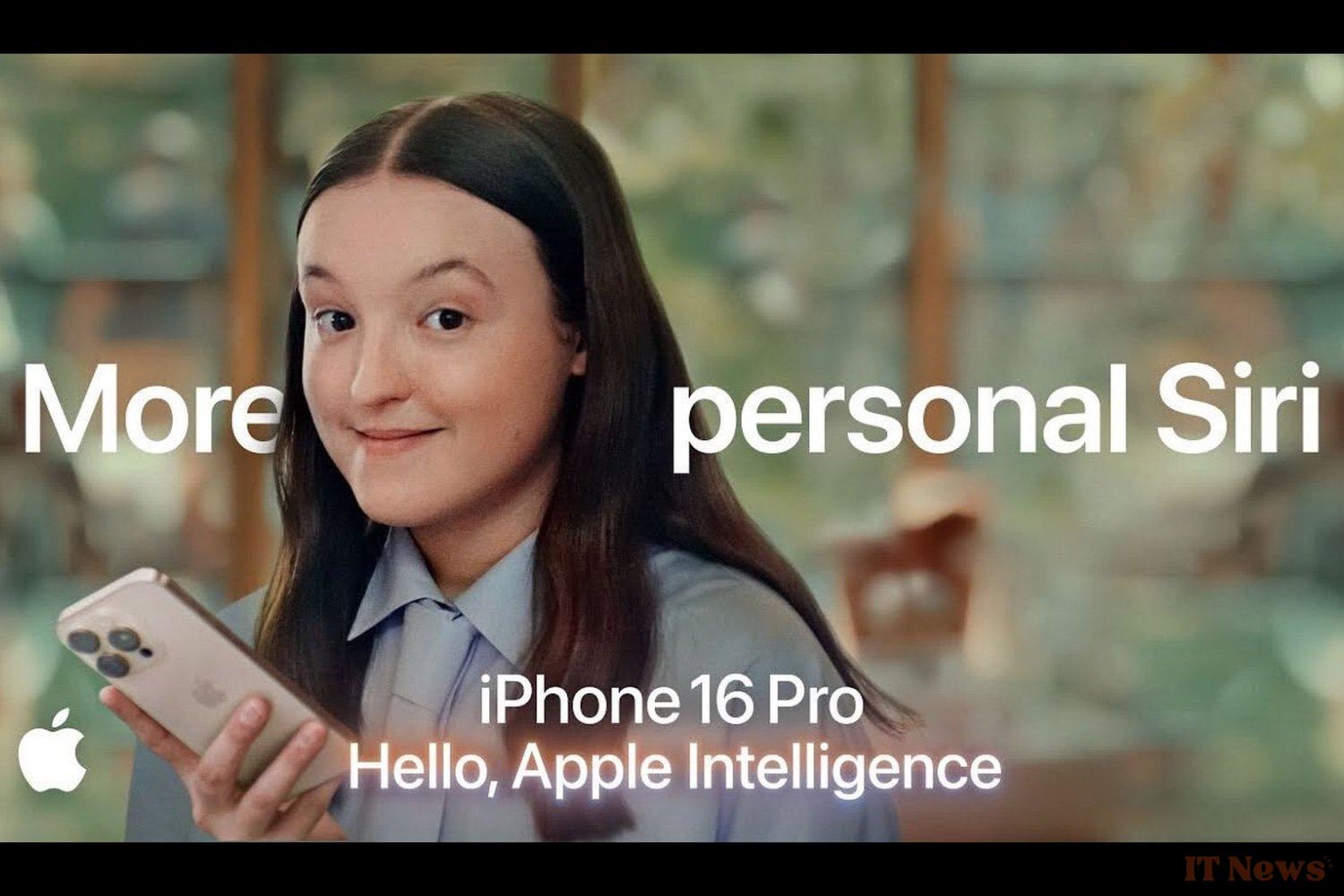Apple jumped on the generative AI bandwagon, confusing speed with haste. By presenting Apple Intelligence with great fanfare last June at the Worldwide Developers Conference (WWDC), the manufacturer hoped to change the negative perception of its supposed delay, while OpenAI, Google, and Meta had already left well before, for better or for worse.
Apple guilty of selling hot air
Apple has delivered some of the goods since the launch of the first Apple Intelligence features in iOS 18.1: writing assistance tools, notification summaries, the Image Playground app, Genmoji, Visual Intelligence... But a big part of what was unveiled during WWDC is missing: a smarter Siri.
The assistant has become a burden that Apple has been dragging around for years. In 2011, Siri was at the forefront and proof that the manufacturer could be a pioneer. But the manufacturer let it wither away, unable to keep up with the competition, first Google Assistant and Alexa, and now AI bots like ChatGPT.
Siri has indeed received a refresh under the Apple Intelligence umbrella, with a new interface and increased knowledge of device functions and settings. But there are still those language comprehension problems that require repeating questions several times, those false or completely off-the-mark answers, those incessant referrals to the web...
With Apple Intelligence, we were going to see what we were going to see. Siri must understand the personal context by digging deep into user information, activate app features without having to open them, understand what is happening on the iPhone screen. These advanced Siri features should have appeared with iOS 18.4, then iOS 18.5, and then... we don't know anymore.
In a statement on Friday evening, Apple announced the delay of these features, simply promising availability "in the coming year", which could push us to 2026 if the manufacturer is talking about 12 months.
Siri, which has suffered for too long from its incompetence and is regularly the subject of mockery, now reveals Apple's glaring inadequacies in terms of generative AI... and also communication. Because the Apple company didn't hold back from loudly advertising the features of this new Siri, through a spot featuring Bella Ramsey.
We can see her at a party where she asks Siri to scan her calendar to remind her of someone's name. This spot, which was widely broadcast in the United States, was discreetly removed from Apple's YouTube channel, probably out of embarrassment. Fortunately, the internet never forgets anything!
Apple also revised the Apple Intelligence presentation on its website, this time stating that:
By announcing the delay of Siri's personalized features to promote the iPhone 16, the manufacturer is opening itself up to all kinds of criticism: ultimately, Apple has indeed sold hot air. And the most brutal salvo was delivered by John Gruber, the blogger at Daring Fireball. The latter, who has a strong following within Cupertino, is a good little Apple soldier, always ready to defend the interests of his favorite company, sometimes even disregarding the truth. This is what makes his charge against Siri and Apple Intelligence even stronger.
Apple's original fault is to have presented these personalized functions without anyone outside the company having been able to test them in real life. Usually, after a keynote, the manufacturer organizes demos and hands-on sessions that allow the lucky few in the press and media to verify the reality of what was unveiled, even in a framework locked by Apple.
But this has never been the case for this personalized Siri, neither during WWDC, nor after the iPhone 16 keynote, nor ever. And for good reason: until proven otherwise, these functions have no concrete reality, in other words... they are vaporware. And this delay poses a serious credibility problem for Apple, which has established itself as the company that delivers the functions and devices announced (with the exception of the anecdotal AirPower).
It's a perfect storm for Apple. The Apple Intelligence features currently available aren't anything spectacular, and they're a million miles away from what more advanced AI models can offer (even if their intrinsic value is debated). Personalized Siri is vaporware. And the company has been guilty of selling features that don't exist outside its lab.
The famous analyst Ming-Chi Kuo has jumped in on this debate. He believes that "the worst part of this" is that Apple chose to deliver the bad news through an unofficial channel (in this case, a statement made to John Gruber). "This is how the most valuable company in the world handles a communication crisis. What should Apple have done? The perfect example remains the way Steve Jobs personally handled the iPhone 4 antennagate crisis at the time," he explains.
At the time of this affair, Steve Jobs actually gave of himself to reassure users, with a special keynote and a solution (a free case). Tim Cook should now take responsibility for the Siri issue, according to Kuo. Because Apple's brand image has taken a hit and it is very difficult to recover from it.



0 Comments